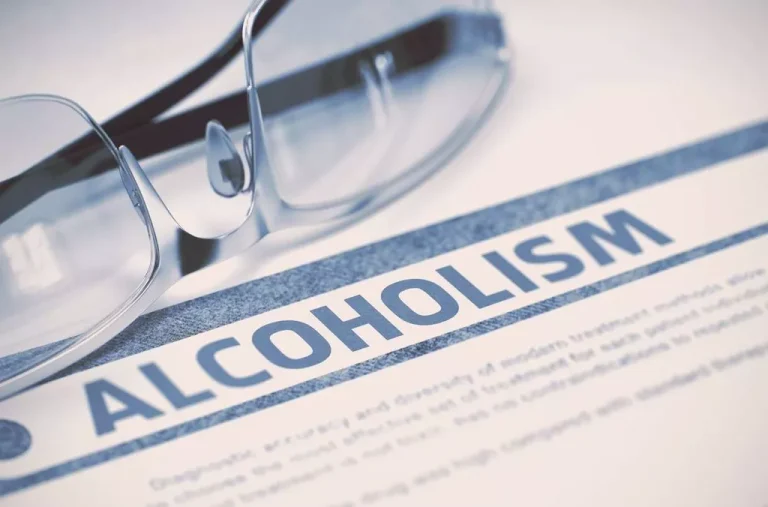
Addiction to a person may feel like love to you, but it manifests in unhealthy ways. Let’s look at the differences between a loving relationship and an addictive one. The Money blog is your place for personal loving an addict finance and consumer news. Research from 2019 discusses how self-injury and suicide attempts may be used by people with substance use disorder as a form of manipulation or to express frustration.
How to break from an ‘addictive’ relationship

Somatic therapy, which helps you tune in to your own physical and emotional responses to stress, could help you reestablish a sense of self and develop emotional regulation skills, according to 2018 research. If you feel disconnected from yourself, the first step might be exploring potential areas of interest or asking what goals motivate you. When you’ve found a potential answer, consider dedicating time every day to explore that hobby or work toward that goal. This is why it’s so common to re-engage in some relationships even after you’ve promised yourself you’ll never go back. If you tend to become overly dependent on people or relationships, breaking them off may sound challenging.
Setting healthy boundaries

Starting a conversation with someone about their drug addiction is never easy, but it’s important you come from a place of compassion and understanding. Drug abuse is often a misguided attempt to cope with painful issues or mental health problems. Stress tends to fuel addictive behavior, so criticizing, demeaning, or shaming them will only push your loved one away and may even encourage them to seek further comfort in substance abuse. A good start is to understand how addiction works, and that should encourage anyone to develop and display compassion for the loved one trapped in substance abuse. That approach acknowledges the loved one’s suffering, conveys caring and love and reduces the person’s shame—both lessening the need for denial and removing major obstacles to seeking treatment.
Respiratory health harms often follow flooding: Taking these steps can help
For most people, long before that, addiction becomes a trap that no longer provides the rewards it once did, and they are stuck in place, craving the very thing that tightens the trap. The fact is, people can be responsive to change if approached in an understanding and respectful way by concerned loved ones. Living with someone who has an addiction can be hard for everyone involved. Aside from helping your loved one treat their addiction, it’s important to keep you and your family safe.
- After they enter recovery, when it feels appropriate, you can slowly open up more communication with them.
- Getting angry or making emotional appeals will likely only add to the user’s feelings of guilt and reinforce their compulsion to use.
- You may be in debt from paying their living expenses, the cost of legal troubles resulting from their drug abuse, or from failed attempts at rehab and recovery.
- Family and friends often place the needs of their loved one above their own.
Seek Professional Help


- For another, it could mean cutting back or staying mostly drug-free.
- You also don’t have to make their addiction the main focus of every conversation you have.
- However, as the National Institute on Drug Abuse (NIDA) explains, relapse does not mean that treatment has failed.
- You may need to work with a therapist to help you both reestablish the much-needed trust your relationship needs to thrive.
- Witnessing someone you care about battle a substance use disorder can be extremely distressing and take a heavy toll on your own mental and emotional well-being.